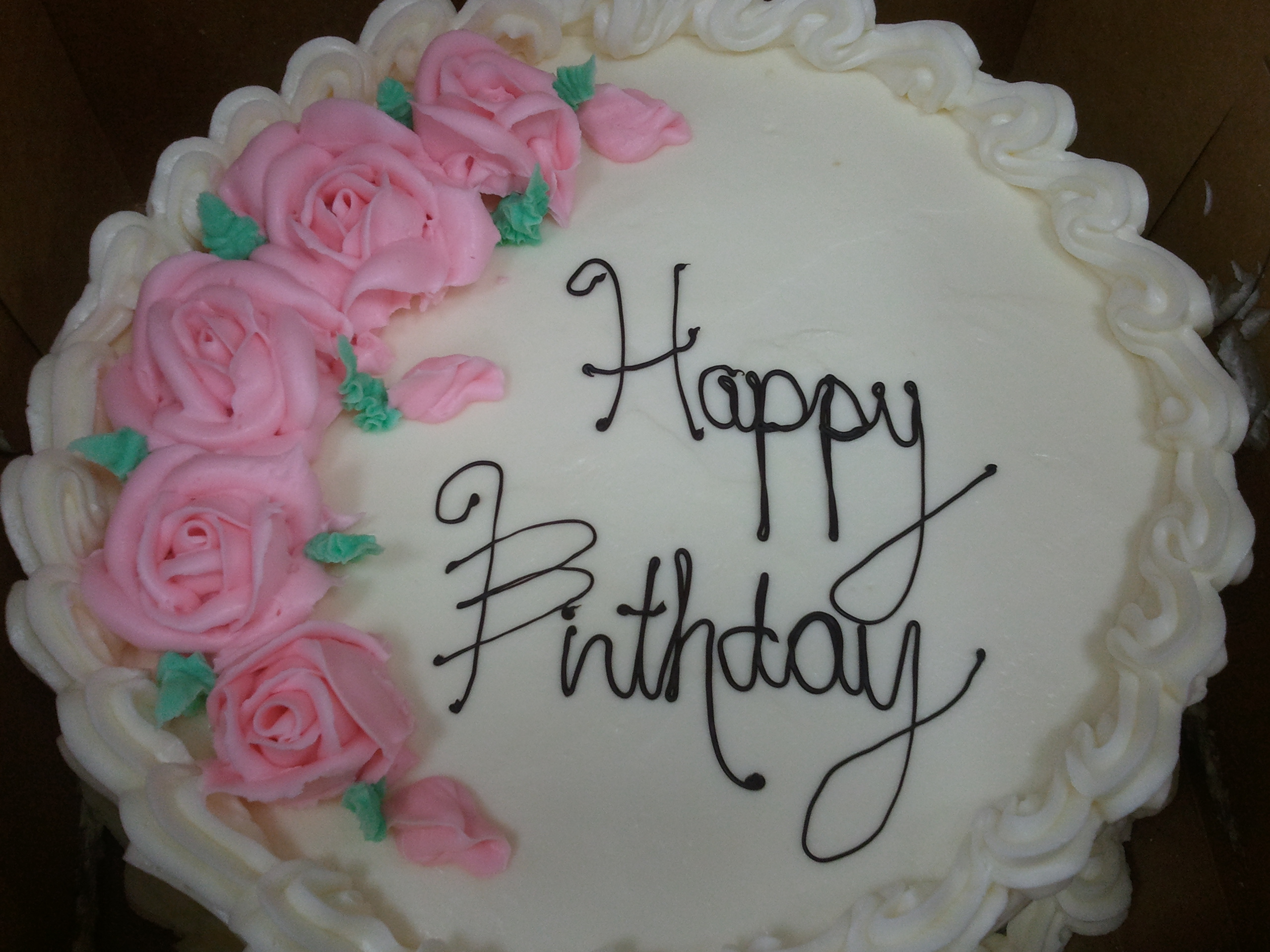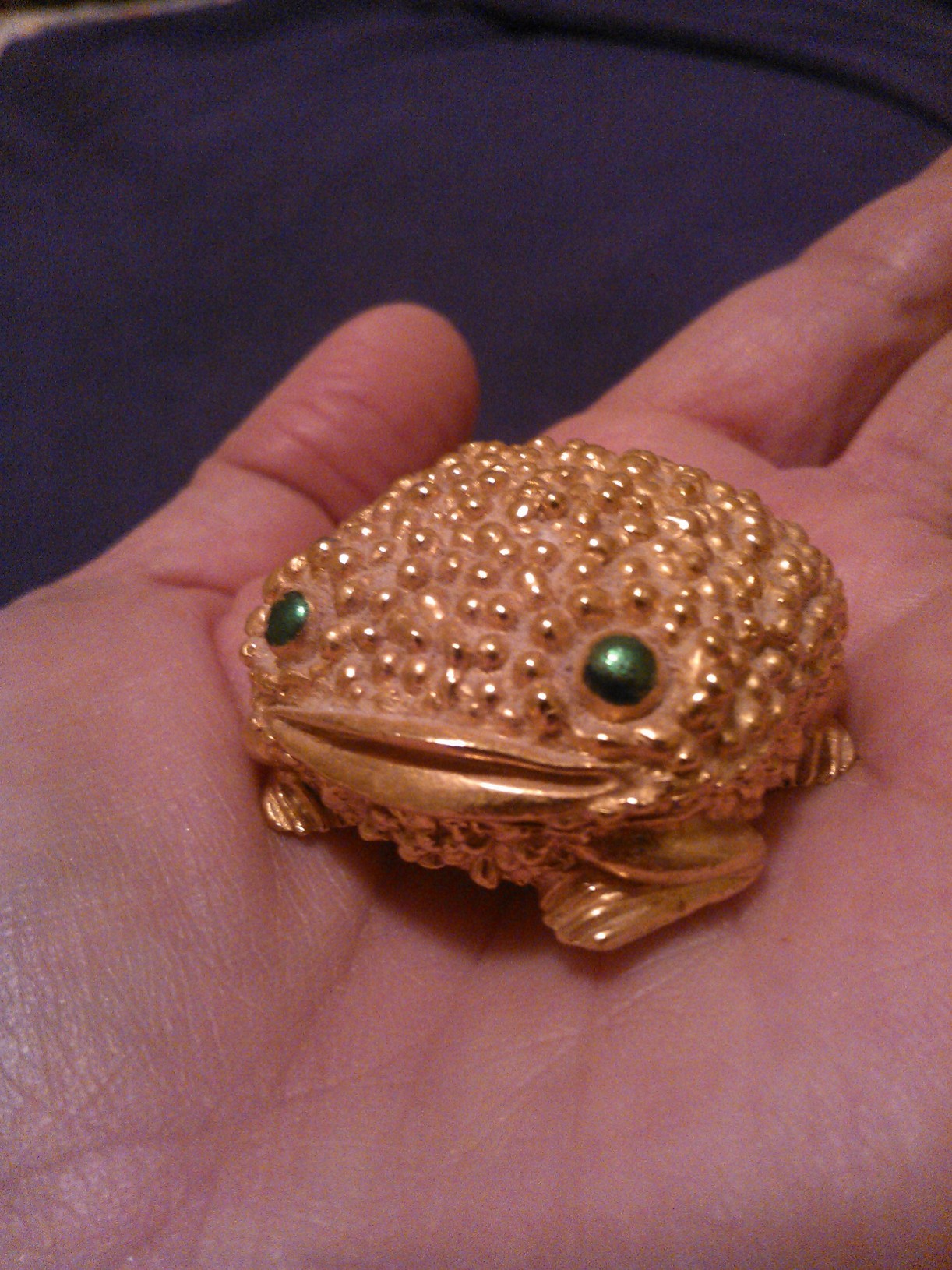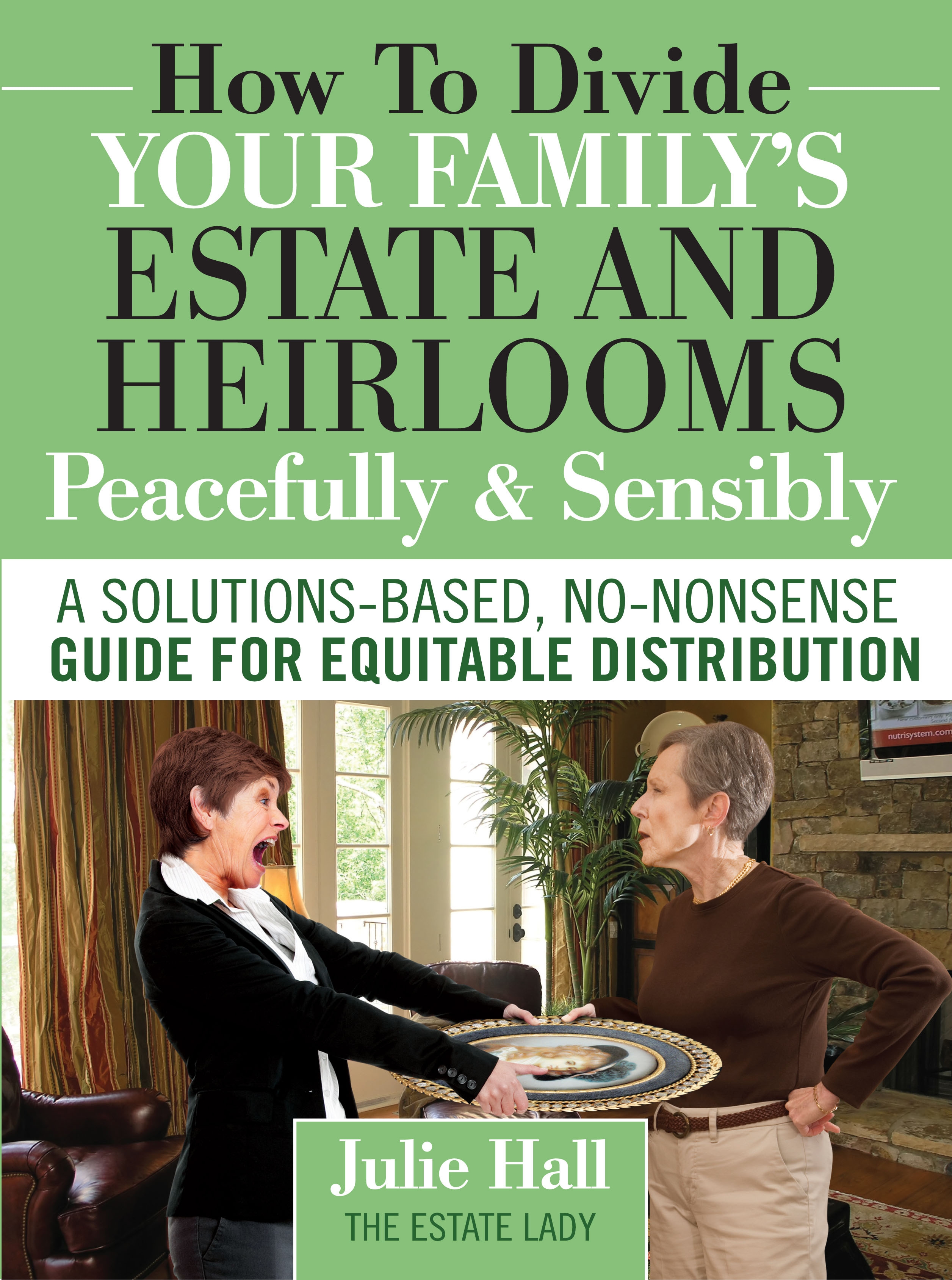Sometimes the mind and the heart are simply not in sync, especially when it comes to the daunting task of downsizing. It seems the older we get, the harder the process of downsizing can be on us, as we have grown accustomed and comfortable in our surroundings. This includes the endless bric-a-brac, books, paper items, glassware and all the miscellaneous things in closets which seem to multiply when we’re not looking. We just keep buying, collecting and “stuffing.”
Procrastination or dragging our feet is a very human characteristic, but it is not at all helpful when many decisions need to be made and there is much to do. Hence, a blog about “timing.”
When it comes to downsizing, an up-close and realistic look at all we own is needed (no rose colored glasses here). Having a plan in place is necessary to ensure we remain on schedule and accomplish the items on the to-do list. Sticking to that plan is paramount for a smooth move and our sanity.
Sadly, what we experts see are distorted expectations, both in our client’s time frames as well as their possessions. They believe they can:
Empty a home,
Make all necessary decisions,
Get professionals lined up and organized,
Move and get settled in to their new place within a few short weeks.
They have forgotten they have been living in a home for 50 years and have large accumulations of items that need to be carefully sorted, distributed, sold, donated, discarded, etc. This does not happen in the blink of an eye.
We need to take into consideration:
The Timing to sort through and select what will be kept.
The Timing for family to come get what they would like to keep (set a deadline).
The Timing for an estate sale or partial sale.
The Timing for donation and finding the right charity to come pick up.
The Timing for a hauler or junk man.
The Timing for a handyman or other contractors to do their work.
The Timing when getting rugs cleaned or house painted.
The Timing to secure your valuables such as personal documents, jewelry, silver, etc.
The Timing for your own doctor’s appointments, meetings, etc.
None of these things should interfere with downsizing professionals or estate sale professionals, as they have a huge job to do and the proper space/time should be given to them so a good job is done for all.
There is a time for everything, and the time has come to part with possessions no longer used, needed or you know will not be claimed by loved ones. One cannot take a dining room table that sits 8 into a one bedroom assisted living apartment. That just doesn’t make good sense anyway you look at it. How miserable our clients are when they take too much, or furniture that is of a large scale going into a small residence!
For years I have seen clients struggle to: 1) make the decision to downsize and then 2) take the steps necessary to put this plan into action.
Even if you are just thinking about downsizing now, reach out to those who can help you begin the process. It is worth the extra time, money and effort to ensure the next move goes as smoothly as it can.
©2017 The Estate Lady® Julie Hall, The Estate Lady®, is a national expert in dealing with personal property in estates, including liquidating, advising, and appraising. http://www.TheEstateLady.com She is also the Director of American Society of Estate Liquidators®, the national educational and resource organization for estate liquidation. http://www.aselonline.com.
No part of The Estate Lady® blogs, whole or partial, may be used without Julie Hall’s written consent. Email her at julie@theestatelady.com.





